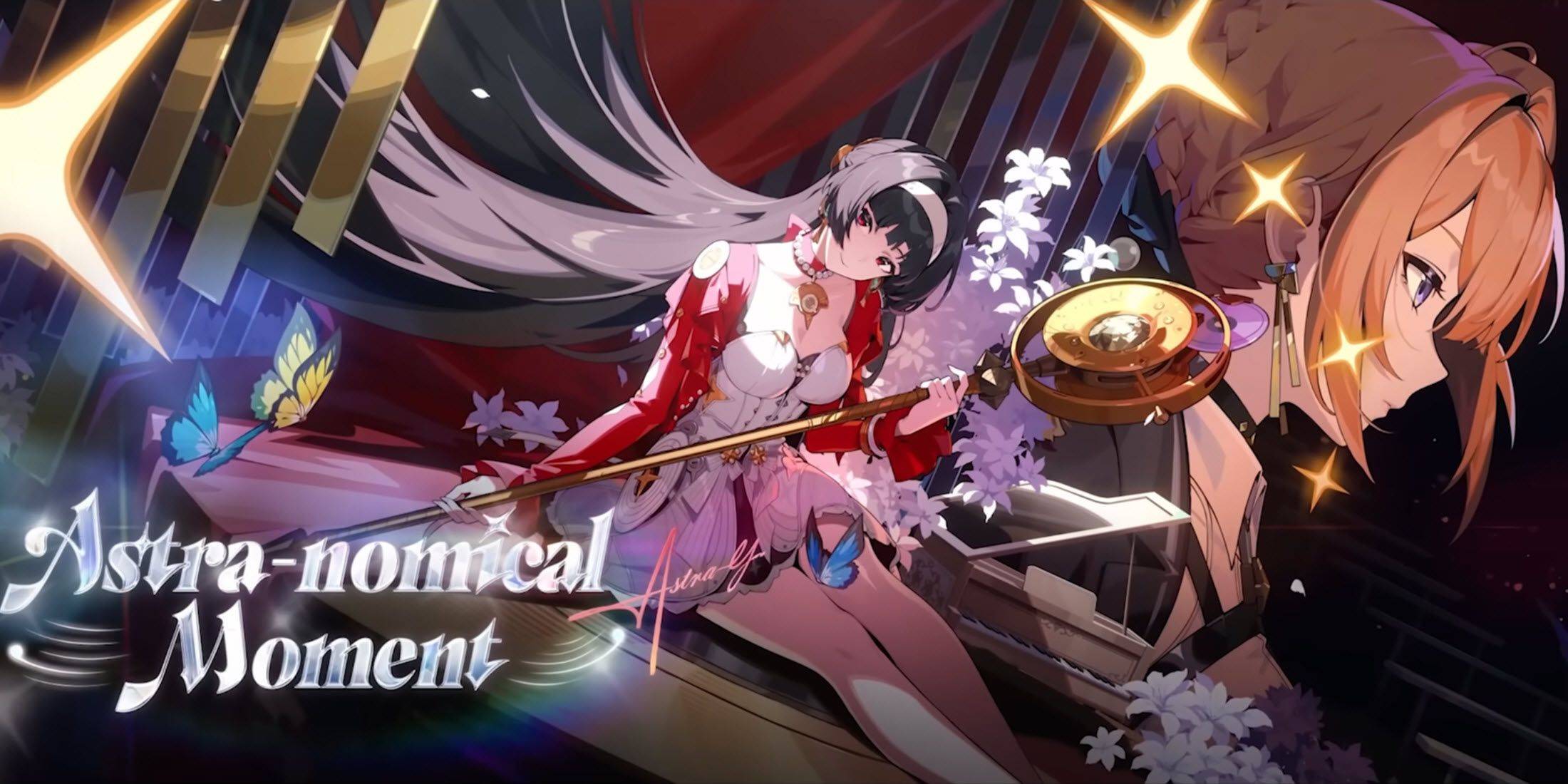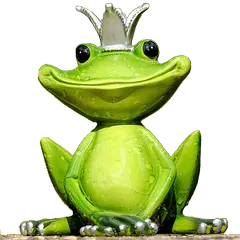
Yasuhiro Anpo, the director behind the remakes of Resident Evil 2 and Resident Evil 4, shared that the decision to revamp Resident Evil 2 stemmed from the overwhelming desire from fans to see the 1998 classic restored to its former glory. Anpo remarked, "We realized: people really want this to happen." It was then that producer Hirabayashi decisively responded, "Alright, we'll do it."
Initially, the team considered tackling Resident Evil 4 first. However, after careful deliberation, they recognized that Resident Evil 4, released in 2005, was already highly acclaimed and seen as nearly perfect. Altering it carried significant risks. Consequently, they opted to modernize the earlier Resident Evil 2, which had more room for improvement. In their efforts, the developers also analyzed fan projects to better grasp what the community was hoping for.
Yet, doubts about remaking Resident Evil 4 persisted, not only within Capcom but also among fans. Even after the successful releases of the Resident Evil 2 and Resident Evil 3 remakes, and the announcement of the Resident Evil 4 remake, some fans argued that Resident Evil 4, unlike its predecessors, did not require an update to the same extent.
While Resident Evil 2 and Resident Evil 3, which debuted on the original PlayStation in the 1990s, featured outdated mechanics like fixed camera angles and cumbersome controls, Resident Evil 4 revolutionized the survival horror genre upon its release. Despite initial skepticism, the Resident Evil 4 remake successfully preserved the essence of the original while enhancing gameplay and narrative elements.
The commercial triumph and favorable critical acclaim of the Resident Evil 4 remake affirmed Capcom's decision. It demonstrated that even a game considered nearly untouchable could be reimagined with reverence for the original and a fresh, creative approach.








